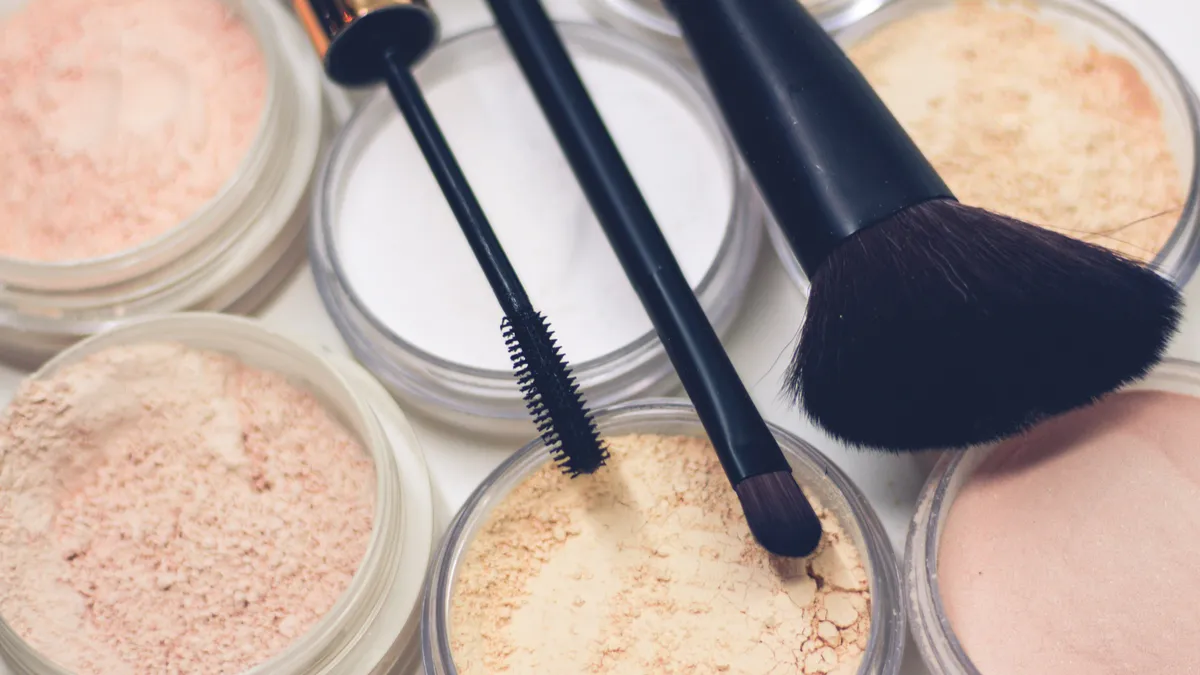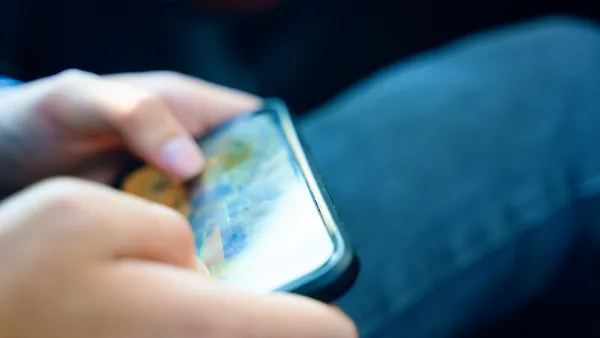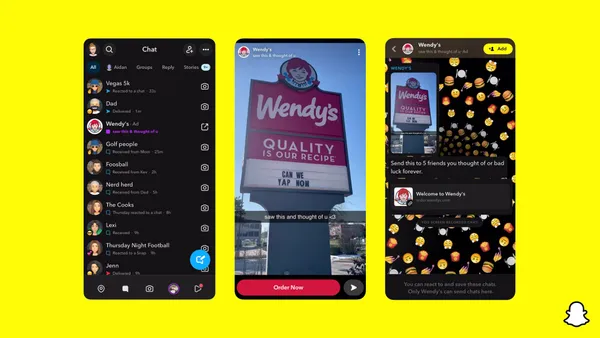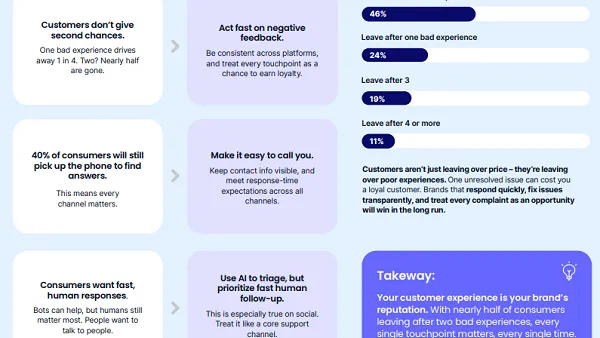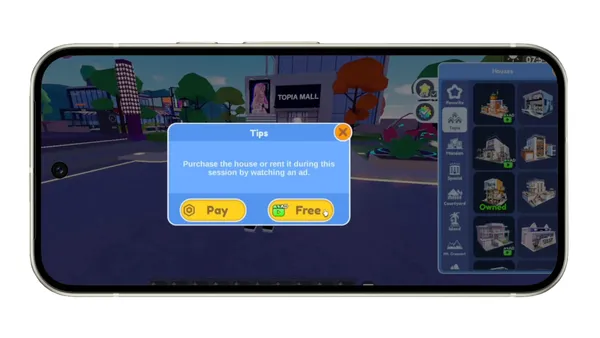Brief:
- Social influencers in Asia pushed back against Unilever's requests to promote its skin-whitening products, leading the company on June 25 to rebrand its Fair and Lovely cream as Glow and Lovely, BuzzFeed News reported.
- Kinita Shenoy, the former editor-in-chief of Cosmopolitan's Sri Lanka edition, said Unilever in December 2017 sent her skin lighteners despite her request not to do so, and sent texts asking her to promote the products on social media. She asked her staff to post a message to thank Unilever's Pond's brand for the gift of skin lighteners, but she posted a different message on her personal account decrying the concept of "White Beauty" while showing a Pond's package with the name blurred out.
- Unilever, a major advertiser in Cosmopolitan, responded with a pressure campaign on Shenoy's employer for positive coverage of the products, leading her to eventually leave journalism. A Unilever spokesperson said the company had apologized for the misjudgment of an employee who had requested in a meeting with Cosmopolitan's editors that the magazine give positive coverage to its skin-lightening creams, BuzzFeed News reported.
Insight:
Kinita Shenoy's personal account of her experience with Unilever highlights how skin-whitening creams have become controversial in South Asian countries amid growing awareness about cultural identity and changing social norms. Skin-whitening products are a remnant of a colonial history that provided better economic opportunities to people with fairer skin. Unilever in the 1970s started selling Fair and Lovely in Asia, and advertised it as a way to attain wealth and romance, BuzzFeed News reported.
That sensibility has changed with Unilever renaming the product last month after a social media backlash. The company posted a message in support of Black Lives Matter on Instagram, leading many South Asians to criticize Unilever as a hypocrite for selling Fair and Lovely. While it renamed the product, rival Johnson & Johnson stopped selling its two lines of skin-whitening creams.
The decisions by companies including Unilever and Johnson & Johnson to change their marketing of skin-whitening products come as many companies are addressing social issues in their branding. Amid global protests against racial inequality and police violence in the past two months, marketers in the U.S. are removing images that evoke stereotypes and renaming products to address cultural sensitivities. Among the more recent examples, PepsiCo's Quaker Oats unit last month announced plans to discontinue its Aunt Jemima brand of pancakes and syrup by the end of the year. Dreyer's Grand Ice Cream last month also said it would change the name of its Eskimo Pie brand of ice cream bars and rebrand them this year as part of a reexamination of racial stereotypes in its branding.
The BuzzFeed report points to some of the issues that influencers have faced as their importance to brands has grown alongside reports of exploitation by brands. In response, some influencers are fighting back — as Buzzfeed depicts — and some influencers have recently formed unions to fight for protection from exploitative practices and transparency in brand terms.


